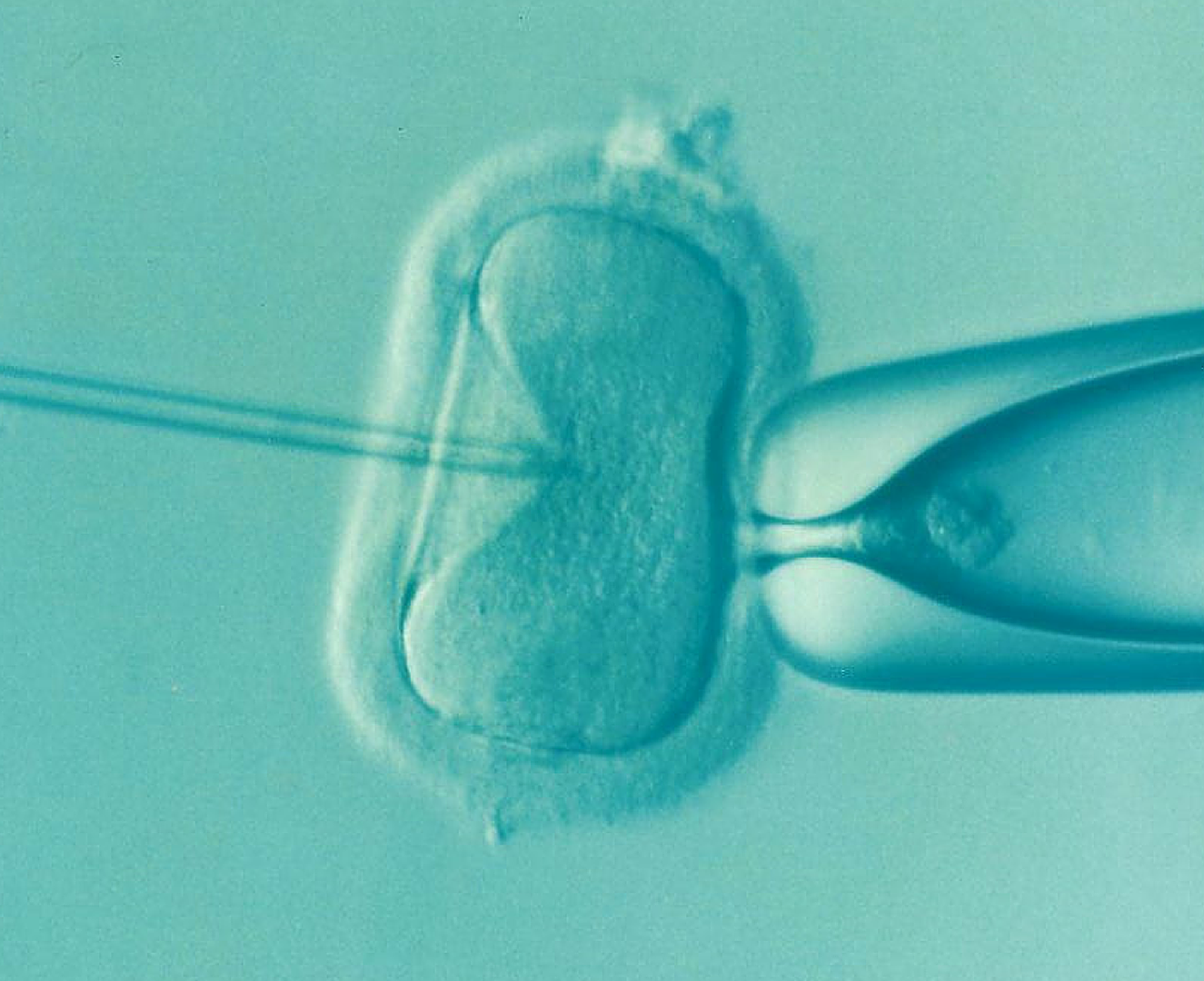Born to Donate: Proposals for “Savior Sibling” Regulation in Latin America
Keywords:
children organ transplant, non-therapeutic medical interventions, bioethical legislation, Tissue and Organ Procurement/ethics, Tissue Donors*/ethics, Fertilization in Vitro/methods, Health policesMain Article Content
A Savior Sibling is a child who is born to provide an organ, bone marrow or cell transplant, to a sibling that is affected with a fatal disease. There are created with the in vitro fertilization and pre-implantation genetic diagnosis and, in the process, the ethical standards for organ donation of children become less demanding. Therefore, we propose that the authorization of the technique considers, unavoidably, the opinion of an impartial third party that can guarantee the welfare of the child. We develop a critical analysis of the laws that regulate the creation of babies to serve as organ donors. We evaluate under what circumstances the organizations that play a part in the decisions, fulfill the ethical standards to allow the organ donation of children.
Downloads

This work is licensed under a Creative Commons Attribution-NonCommercial 4.0 International License.
The copy rights of the articles published in Colombia Médica belong to the Universidad del Valle. The contents of the articles that appear in the Journal are exclusively the responsibility of the authors and do not necessarily reflect the opinions of the Editorial Committee of the Journal. It is allowed to reproduce the material published in Colombia Médica without prior authorization for non-commercial use

